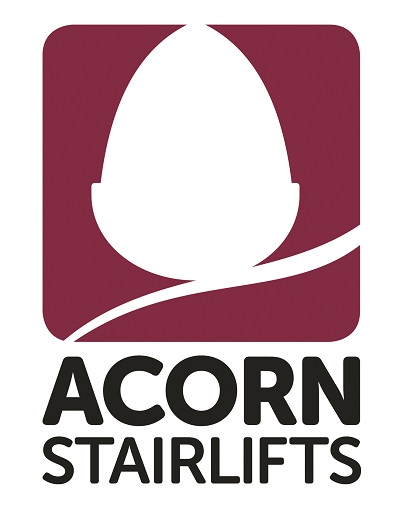THERE are various health conditions, many of them age-related, which can affect your level of mobility. Some make it difficult or painful to physically move around, while others can leave you feeling breathless or faint through physical exertion.
In a series of blogs, we’ll focus on some of these conditions and how you can manage them to ease the symptoms and minimise the impact on your quality of life. Today let’s look at living with angina.
 Angina is chest pain which is caused by reduced blood flow to the heart muscles. It’s not usually life-threatening, but it is a warning sign that you could be at risk of a heart attack or stroke. The main symptom is a chest which feels painfully tight, dull or heavy, the sensation possibly spreading to your left arm, neck, jaw or back.
Angina is chest pain which is caused by reduced blood flow to the heart muscles. It’s not usually life-threatening, but it is a warning sign that you could be at risk of a heart attack or stroke. The main symptom is a chest which feels painfully tight, dull or heavy, the sensation possibly spreading to your left arm, neck, jaw or back.
If you experience acute, worsening or persistent chest pain for the first time, you must seek urgent medical attention. There could be a number of causes, but you might be diagnosed with angina. There are two main types of angina:
- ‘stable Angina’ (also called ‘Angina pectoris’) is the most common type. Attacks have a trigger, such as physical exertion or stress, and stop within a few minutes of resting
- ‘unstable Angina’ is less common but more serious and unpredictable. Attacks may not have a trigger, coming on for no obvious reason, even while sleeping. They can last for longer and continue despite resting. Some people develop unstable angina after having stable angina.
Once diagnosed with angina, you’ll probably need to take several different medicines for the rest of your life. These can include daily tablets to prevent further attacks and reduce the risk of a heart attack or stroke. Other medicines can be used to treat attacks when they happen and so are only taken when needed. These are often in the form of a mouth spray or tablets that dissolve under your tongue, and it’s important to keep them with you.
Provided your angina is well controlled, there’s no reason why you can’t live a largely normal life. You can usually continue to do most of your normal activities, but you may need to make healthy lifestyle changes to manage the condition and reduce its impact. Remember, angina is a warning sign that you’re at risk of serious problems like heart attacks and strokes, but you can reduce that risk by making positive choices about your lifestyle.
These include switching to a healthy and balanced diet, cutting down your alcohol intake, quitting smoking and losing weight if you’re overweight. Your doctor might refer you for specialist dietary advice or help and support to quit smoking or lose weight. If you’re committed to making a change, there’s a lot of help and peer support available.
It’s also important to stay active if you have angina. If you work, you can usually continue to do so, but if your job is very physical you might need to speak to your employer about changes you could make to your duties to reduce the risk of an angina attack. You should also keep your medication close at hand. Similarly, you can continue to enjoy exercise and sport, or take it up (after seeking medical advice). Again, keep your medication handy and don’t overdo it.
In most cases you can continue driving after a diagnosis of Angina, but ask your doctor specifically if it’s safe to do so, especially if your drive for a living. If you feel an attack coming on while driving, pull over at a safe place to rest and take your medication.
There may be a local support group in your area for people living with angina. Your local doctor’s practice or medical centre should be able to advise you, or try searching the internet.
The physical exertion involved in climbing stairs can trigger an angina attack, but you can eliminate this risk by installing an Acorn Stairlift in your home. It lets you move effortlessly up and down the stairs whenever you need to, without worrying about triggering an attack, which could in turn lead to a dangerous fall. For more information about how an Acorn Stairlift can help you live with angina, call Freephone 0808 223 4871.
